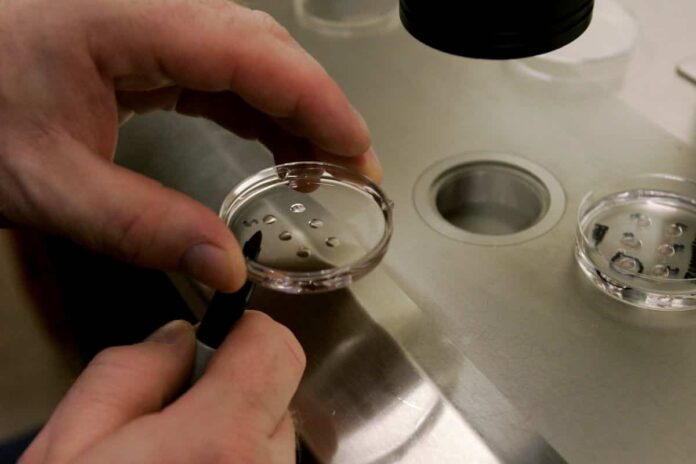IVF comes across as a lifesaver for patients with low motility, damaged or blocked fallopian tubes, lower sperm count, genetic disorders, infertility, etc. But as nothing in this world is perfect or Foolproof, same is the case with IVF. Though very less, there are persistence chances of an IVF failure. But it is important not to lose hope in such a situation because even though all issues can be corrected but the chances of failure can be greatly decreased in the next try. Take a look at what you can do in case of an IVF failure. These are some factors that have to be examined.
Quality ofthe Embryo
In most cases, embryos are unable to implant properly and their growth is hindered due to genetic defects. Very old eggs can result in an embryo quality that is not up to the mark.
Ovarian Response
Sometimes, if a woman is above 37 years of age, the ovaries do not produce enough eggs. Due to the production of a fewer number of eggs fertility medications are given to increase their count. If the level of follicle stimulating hormone (FSH) is high or antimullerian hormone (AMH) is low then there are increased chances of IVF Failure.
Age
Age of the female counterpart is often the deciding element accounting to the success or failure of the IVF procedure. The quality of the eggs declines as a woman grows in age. Also, the number of eggs produced drops to a significant level. Furthermore, this decline is even more aggravated when a woman reaches the age of 37. The chances of a successful IVF greatly decrease when a woman reaches her forties.
Number of Embryos Implanted
If the number of embryos chosen for IVF is less, it can drastically decrease the chances of success. On the other hand, if the number of embryos is increased too much, it can result in multiple pregnancies.
Endometrial Thickness
The uterine lining should be at least 8mm thick to be satisfactory. If it is less than 7mm, the condition is called Thin Endometrium.
Steps To Take Before Your Next IVF
#1. Let your doctor analyze the problems that resulted in an unsuccessful IVF the first time. He may prescribe some drugs to cope up with previous issues.
#2. Preimplantation Genetic Screening (PGS) is a process that is used for screening the embryos. Your doctor might suggest this for your next cycle if the woman is older.
#3. A biopsy will help your fertility expert in choosing healthy embryos free from genetic disorders.
#4. Laser hatching is another technique which improves the pregnancy rate.
#5. Implantation of a blasto cyst can be done rather than a day 3 embryo.
By considering the above mentioned points, one can reduce the chances of next IVF failure and make it successful. At Rana Fertility Center, the treatment for failed IVF is available in India. The doctors are experienced and haveall the latest technologies available withthem that can help the couples to fulfill their desire of a successful pregnancy.









